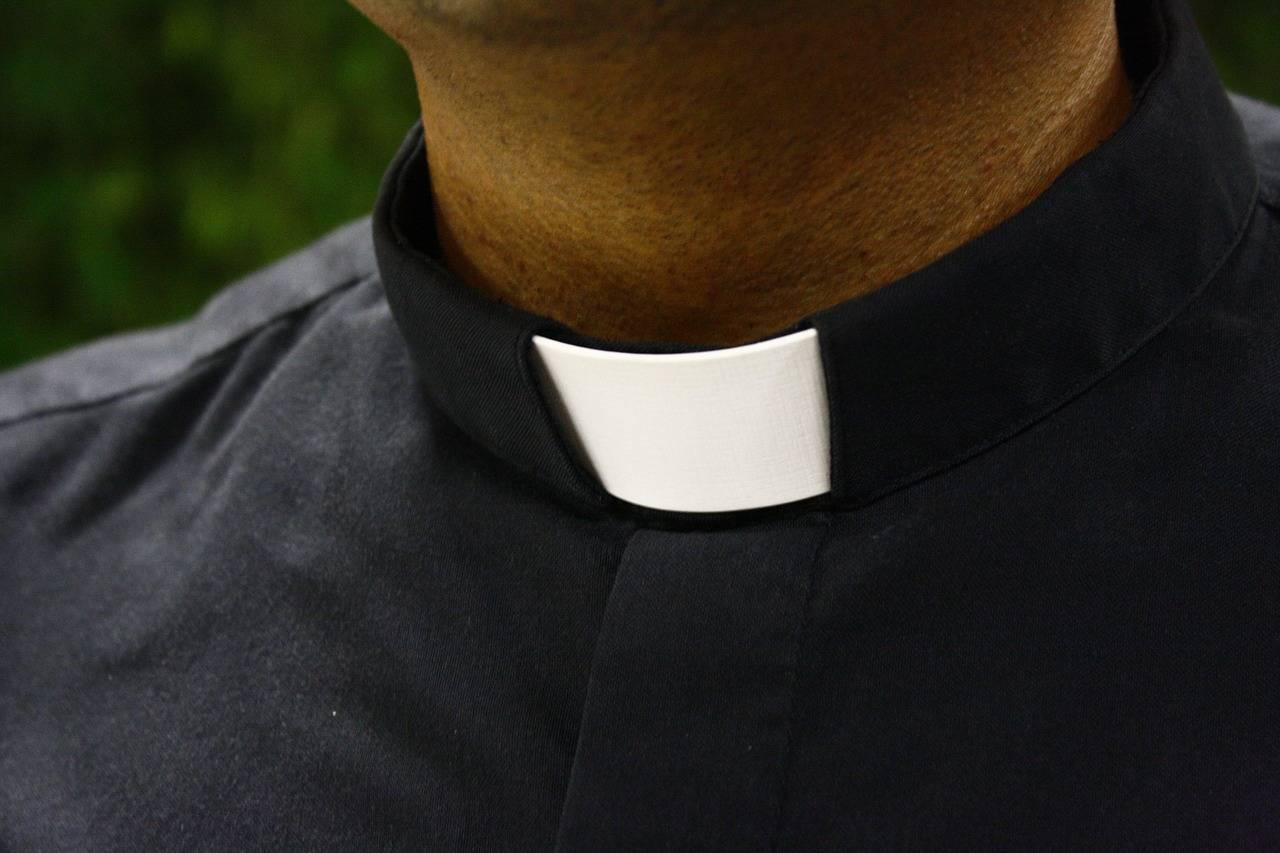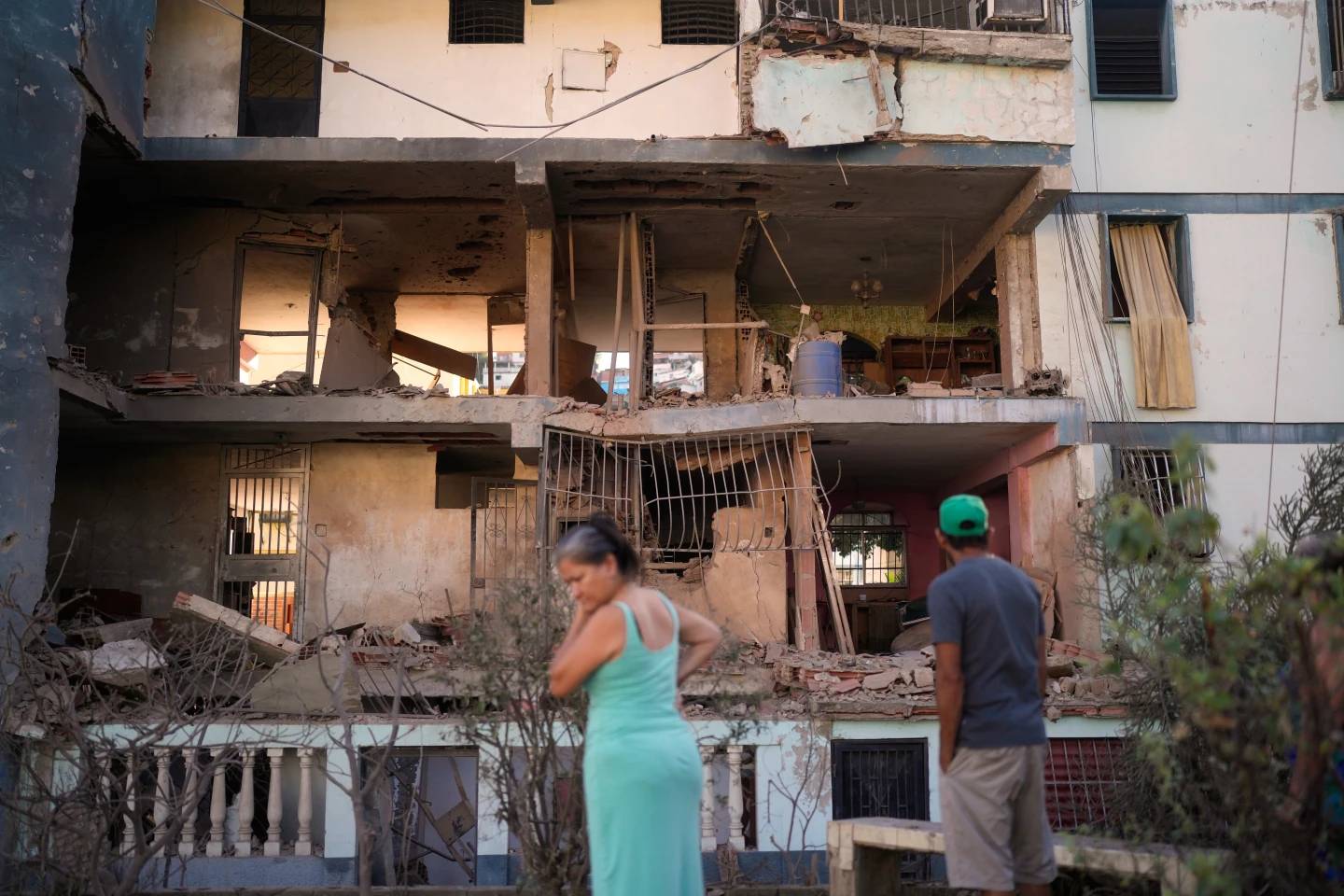SÃO PAULO – — A group of at least 850 members of several indigenous peoples from Brazil camped in the nation’s capital was visited on June 28 by the Secretary General of the Bishops’ Conference, along with other Brazilian bishops.
The Indigenous Peoples Uprise for Land, as the camp was named, was organized by indigenous rights associations, and has been supported by the Indigenous Missionary Council (CIMI), an agency of the bishops’ conference.
The camp has been in Brasilia since June 8 to protest possible changes in the law on land grants to indigenous peoples.
The idea is to maintain a continuous presence in the Ministries’ Esplanade, the zone where most government buildings are located in the capital, while important decisions indigenous peoples are taken by the legislature.
In Congress, a bill initially considered in 2007 has been reintroduced and is currently being analyzed in the Chamber of Deputies. Severely criticized by indigenous activists and the CIMI, the bill would declare that only territories which were effectively occupied by native groups when the Brazilian Constitution was approved, in 1988, can be granted by the Brazilian State to indigenous peoples.
Critics say this “temporal landmark” would strip the right of several indigenous groups to seek lands that they were dispossessed of before 1988. They point out the Brazilian Constitution doesn’t say anything about a “temporal landmark” and secures the right of indigenous peoples to their traditional lands without such restrictions.
The bill also loosens the restrictions on establishing economic projects in indigenous territories, including mining and farming, which are currently forbidden.
On June 22, when a Chamber of Deputies commission approved the bill and moved it to a general vote in the house, a group of demonstrators in front of the Congress building was violently dispersed by the police. More than 10 indigenous protestors were injured, and three policemen were hit by arrows.
At the same time, the Supreme Court is considering a case that deals with the so-called “temporal landmark” in connection to a land dispute in Santa Catarina State, in the southern region of Brazil. Its decision will affect all land grant requests in the future.
During his visit to the demonstrators’ camp, Auxiliary Bishop Joel Portella Amado of Rio de Janeiro said that “it’s necessary to resist and to secure rights.”
“If we’re a country that can’t even trust in the guarantees and in the protection conferred by its fundamental law, where are we going?” said Portella Amado, the secretary general of the bishops’ conference, according to the Bishops’ Conference’s website.
He added that the protection of the indigenous peoples’ rights is not up to this or that administration, but “is a matter of the State.”
Bishop Vicente Ferreira of Belo Horizonte told the demonstrators that the Brazilian government incentivizes illegal mining “only to annihilate you and our mother earth.”
Ferreira alluded to President Jair Bolsonaro’s repeated support for illegal miners that operate on indigenous lands, especially in the Amazon.
Archbishop Roque Paloschi of Porto Velho stressed the relevance of the territory for the indigenous peoples’ survival.
“That’s why we worry very much about those projects that open the way for monocultures, mining, environmental degradation and, above all, aim at taking from you the only thing you have, which is land, without offering you anything but invisibility and exclusion,” Paloschi, the president of CIMI, told the protestors.
Amid the rise of political polarization in the country since Bolsonaro’s election in 2018, the Brazilian bishops support for the indigenous demonstrators is seen as politically charged. The “temporal landmark” hypothesis has been defended by big landowners and agribusiness groups, which are an important part of Bolsonaro’s alliance.
“This is probably the most important moment in the history of indigenous policies in Brazil since the Constitution’s approval. The bishops’ conference’s active presence in the movement to defend the indigenous peoples is extremely significant,” CIMI’s coordinator for the Southern region of Brazil, Roberto Liebgott, told Crux.
Liebgott said that the episcopate has been supporting the indigenous rights over the past decades, particularly the right to their traditional lands, and is currently highlighting the unfairness of the “temporal landmark.”
“That’s a juridical anomaly that will harm the life and the future of the indigenous peoples in Brazil. What is happening is that the big landowners, miners, and loggers want to limit potential land grants to indigenous peoples,” he said.
He believes that the Supreme Court will recognize the invalidity of the “temporal landmark” theory and will secure the constitutional rights of indigenous peoples.
“CIMI has been prioritizing the support to the indigenous peoples’ movement in the struggle for their rights. The bishops’ visit to the camp reinforced the Church’s commitment to such struggle,” Liebgott said.















